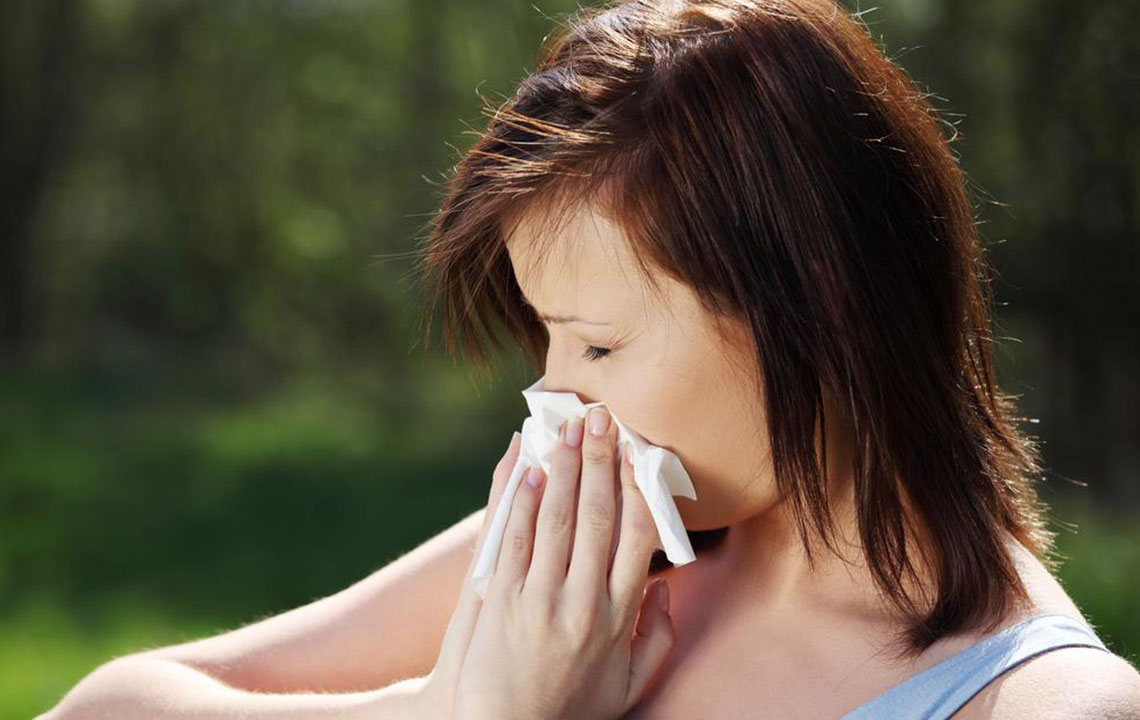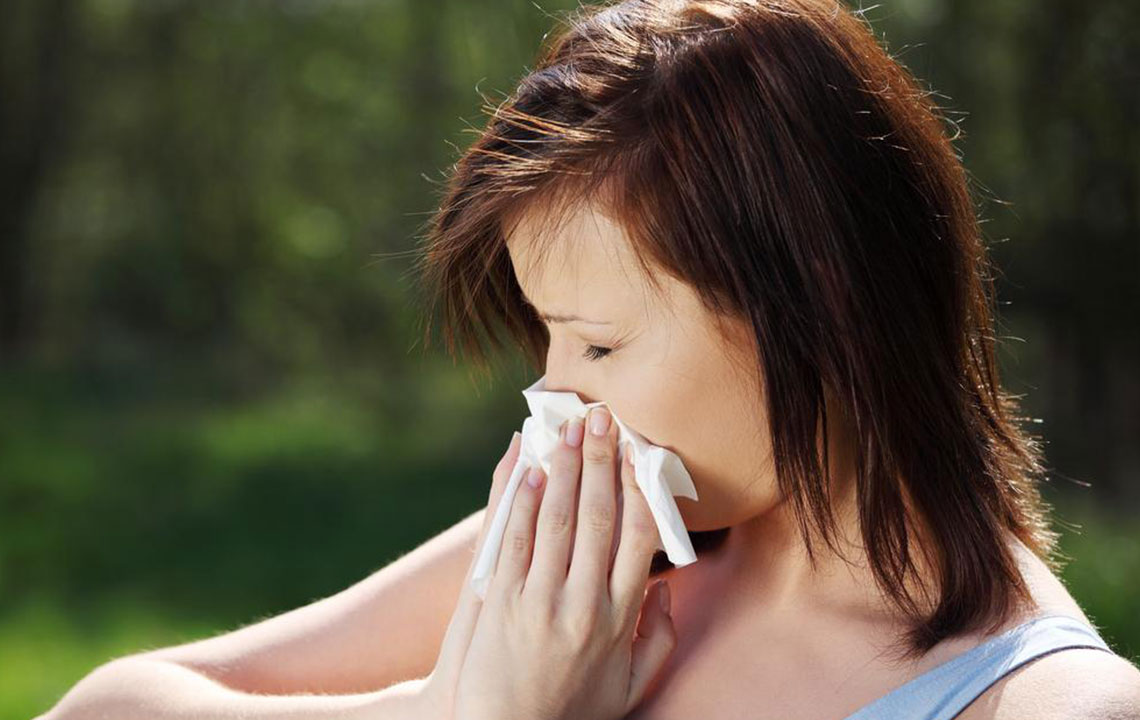Essential Guide to Non-Drowsy Allergy Medications
Discover effective non-drowsy allergy relief options, including loratadine, suitable for seasonal allergy symptoms. Learn safe usage, precautions, and when to seek medical advice to manage allergies without drowsiness or adverse effects.
Sponsored

Seasonal shifts and blooming flowers often worsen symptoms for allergy sufferers. While various medications are available, many cause drowsiness, discouraging their use and allowing allergies to intensify. Fortunately, non-sedating options exist that do not induce sleepiness.
Uses of Non-Drowsy Allergy Medications
The primary medication prescribed is loratadine, marketed under multiple brand names. This antihistamine effectively relieves symptoms such as runny nose, itchy eyes, sneezing, and hay fever. It can also alleviate itching caused by hives.
Consult a healthcare professional for proper diagnosis and dosage. It is generally not suitable for children under six years old. Always adhere to the prescribed instructions, especially when using over-the-counter remedies. Proper guidance ensures safe and effective treatment.
Many individuals mistakenly increase dosage thinking it enhances efficacy, but this can be counterproductive. Side effects like sleepiness should be reported to a doctor, and if symptoms persist or worsen, seek medical advice immediately.
Precautions Before Taking Allergy Medications
Prior medical history is crucial for your doctor to determine appropriate treatment. Disclose all allergies and potential triggers, as certain ingredients may cause adverse reactions.






